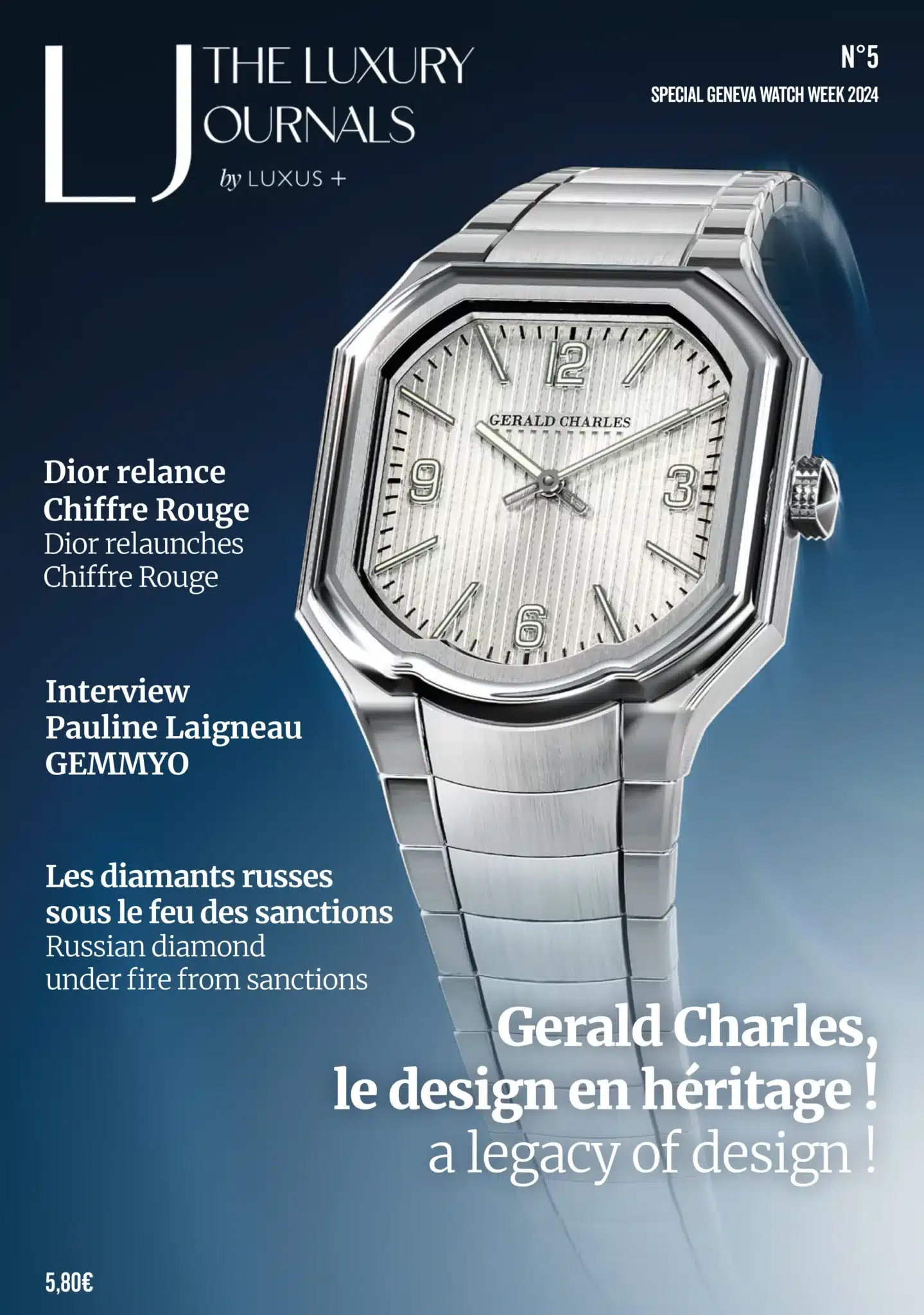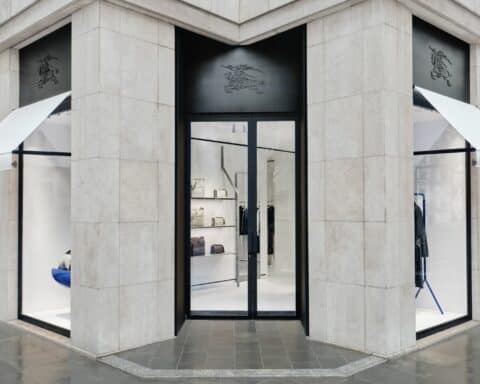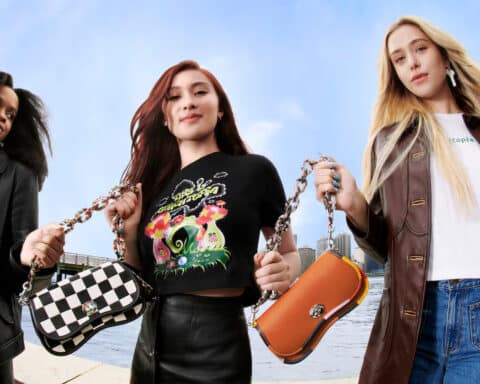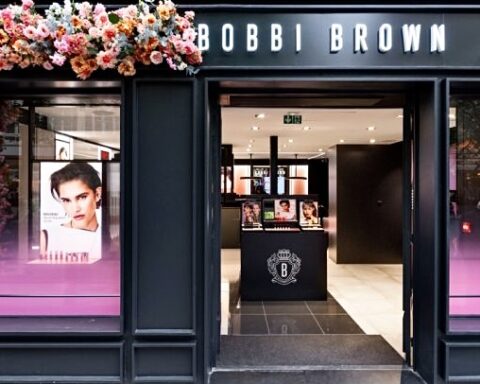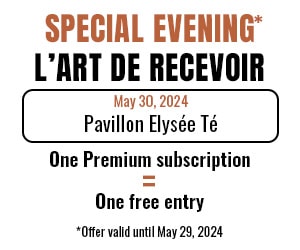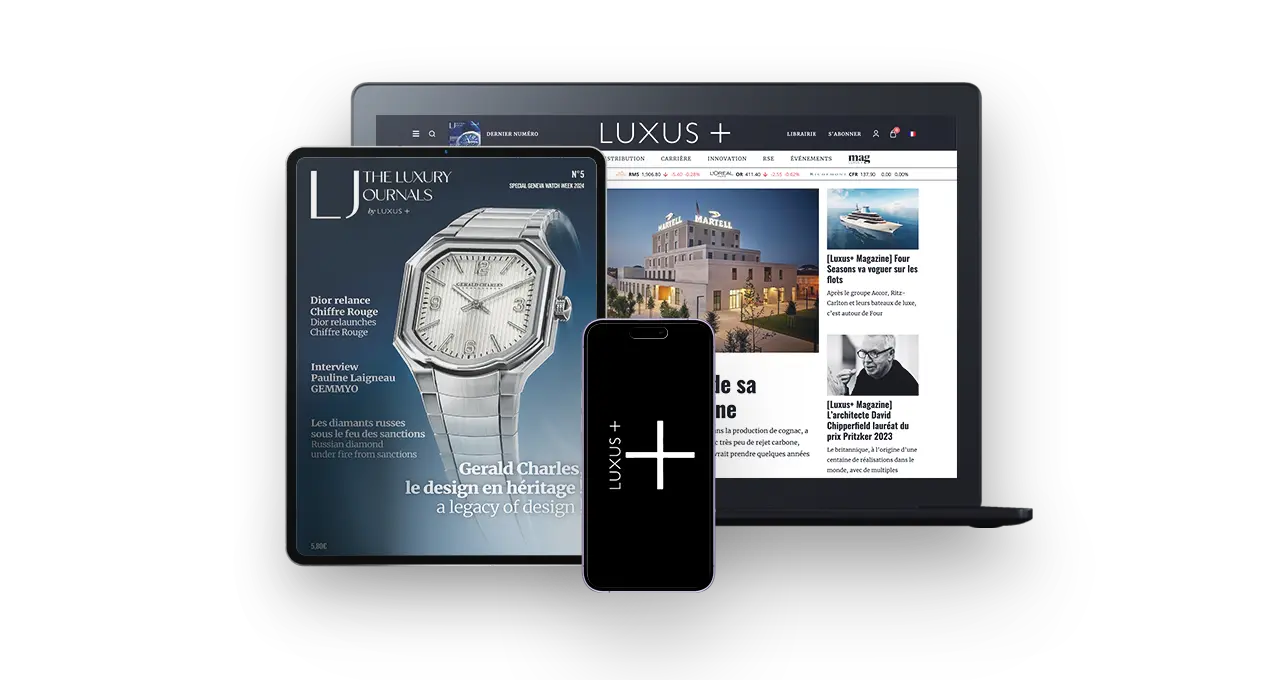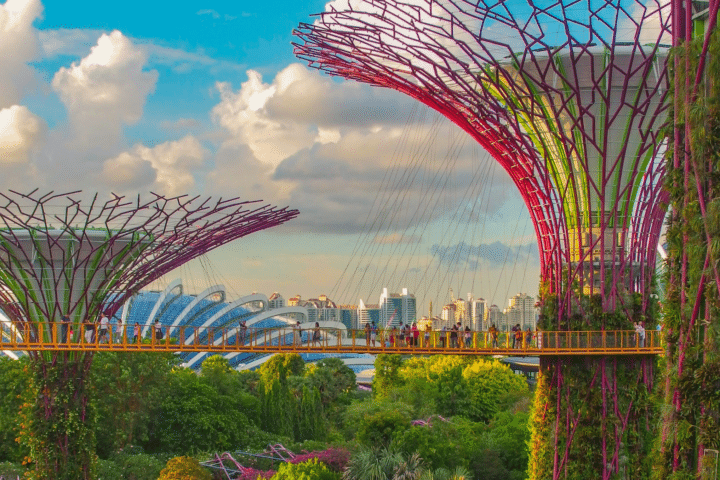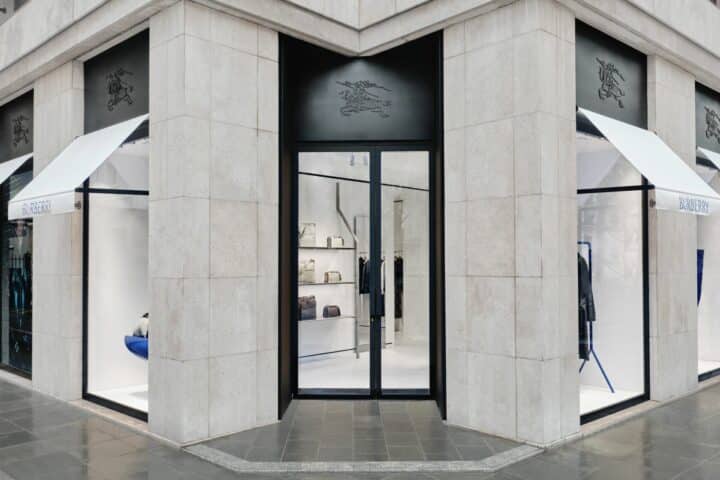Héroïne, the French Brand Experience agency, has just unveiled a new study by its Strategy division, entitled “The 3 Ps of Shopping in 2030”. This forward-looking study will successively explore the trends and issues surrounding the places, people and products that bring the retail sector to life.
In this first installment entitled “Places”, Héroïne questions the functions and challenges of the places hosting our shopping experience.
Is the uberization of society sounding the death knell for stores? How is retail reinventing itself in the face of the diversity of customer journeys and expectations? And what if, tomorrow, channel-less shopping becomes the norm?
Faced with the rise of the “lazy economy”, the death of stores?
For many, the idea of going out of their way to buy their favorite products is a thing of the past, either because they don’t have the time, or simply because they don’t feel like it. By 2030, some forms of shopping will be totally merged with our daily activities.
While we’re watching Netflix, we’ll be able to block the screen, select one of the characters with our smartphone to gain direct access to the item we’re wearing, find it in our size and buy it.
Even outdoors, equipped with smart glasses and thanks to artificial intelligence, you’ll be able to obtain the information you need (without asking anyone) on all the items present in a store, or even on the passers-by you pass on the street.
The revenge of retail
Faced with this phenomenon, retail will adapt and deploy new formats. Brands are proposing different entry points into their universe and their offer, and adjusting their strategy to the heterogeneity of customer journeys and expectations:
1- Micro-retail: a short offer for express visits close to customers.
2- Retail demonstration (or showrooming): come and discover, experience the offer, make a choice, without buying on the spot.
In Asia, 40% of cosmetics are already sold online (McKinsey, 2022), and this trend is set to continue over the next few years. This means that for certain product categories, most purchases will be made online, with only a few boutiques remaining for showrooming. There’s no need to reach for the product on the shelf to buy it: it will come straight from stock and reach you in your car or even at home.
3- Ephemeral retailing: offering the possibility of renewed experiences, creating surprise, but also limited in time.
For FRED, the LVMH Group’s solar jeweler, Héroïne created a summer pop-up in Seoul, offering Korean customers a Provençal experience right in their own homes. The ephemeral outlet was designed as a convivial meeting place, where people can escape and play a game of pétanque, visit the kiosk to discover the Gazette created for the occasion, or lounge on the café terrace.
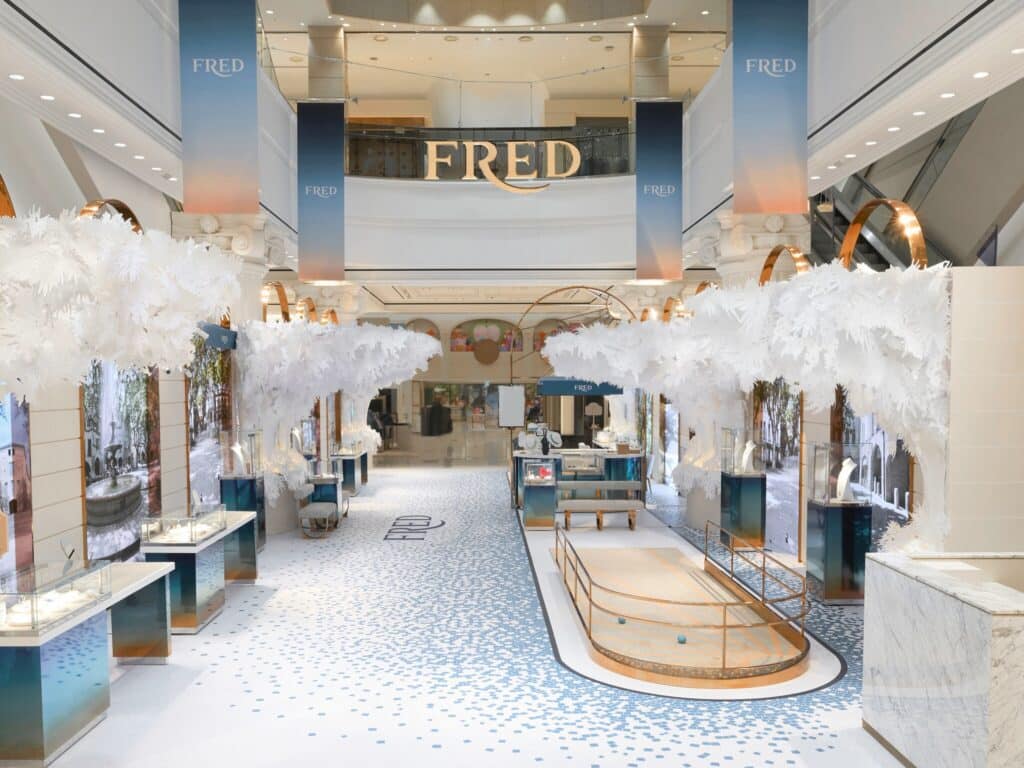
4- Rental retail: seeking to use, rather than acquire, a property.
In the hospitality sector, Le Collectionist offers the most beautiful villas for rent, with a concierge service where Tailors create memorable, made-to-measure experiences. No more vacation homes to maintain or programs to draw up, the only watchword is freedom!
5- Repair retail: making your product last longer is going to become a challenge not only economically (for the most precarious) but also ecologically (to reduce our consumption of resources).
Coach has unveiled its first capsule collection, Coachtopia, made from recycled, upcycled and renewable materials. The collection presents the brand’s vision for the future of fashion and its commitment to circularity.
Similarly, this year Loewe opened its first boutique with a dedicated repair area. What’s more? A customization service is offered during the repair to guarantee a unique piece for each customer. Today, repair is seen as an additional service to new products, but by 2030 it may well be at the heart of new business models for brands.
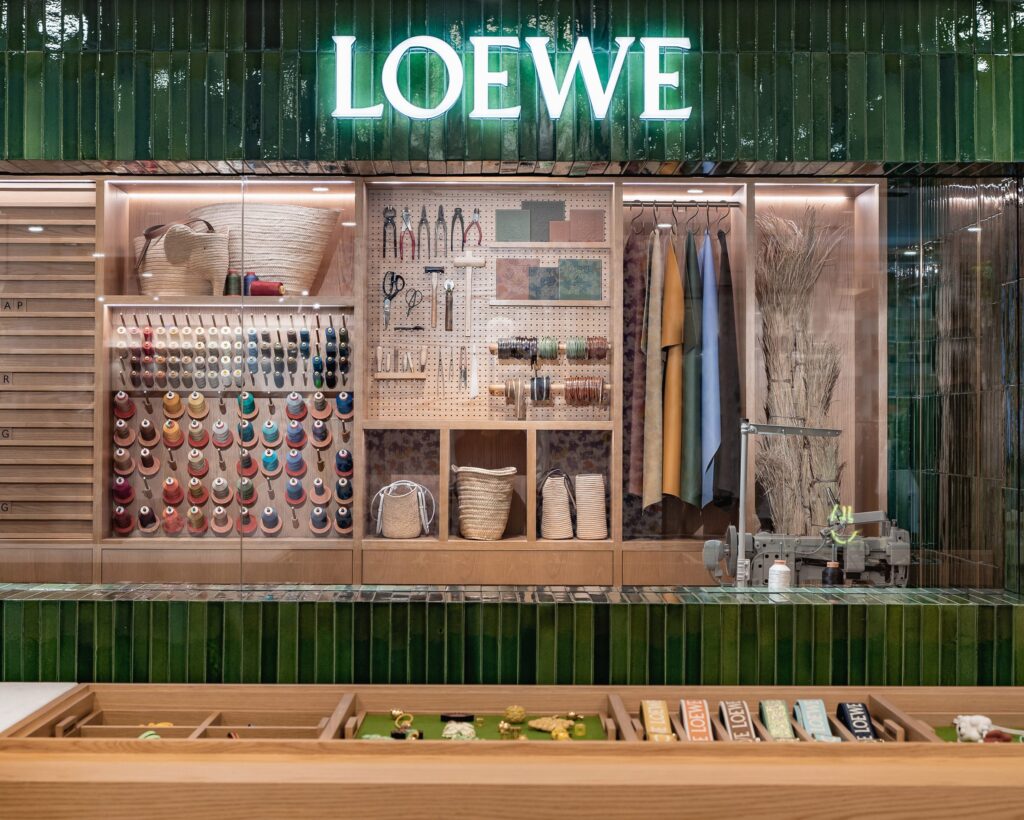
Read also > TIFFANY & CO: LVMH MAKES THE LEGENDARY NEW YORK ADDRESS SHINE AGAIN
Featured Photo: © Tiffany & Co


